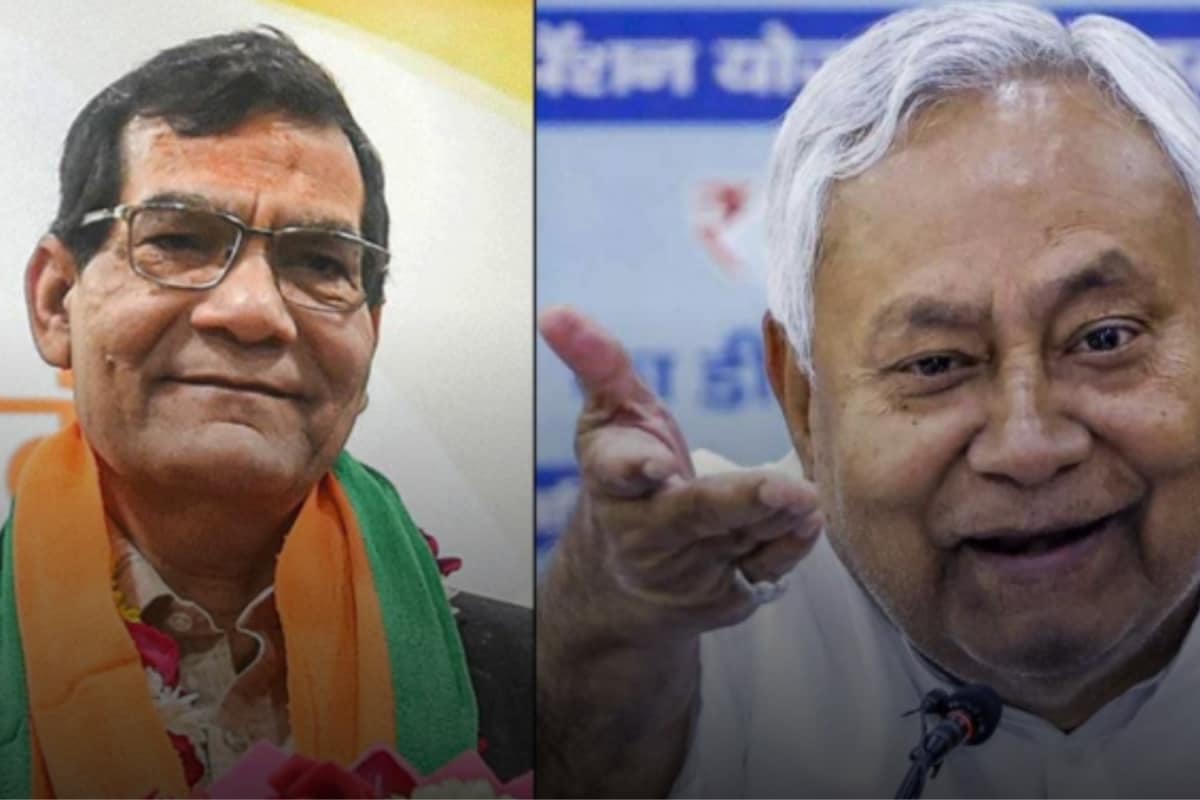

Recent political discourse has centered on Bihar Chief Minister Nitish Kumar's announcement of free electricity for up to 125 units for domestic consumers in Bihar, starting August 1, 2025. This decision, impacting an estimated 1.67 crore households, has sparked reactions from various quarters, including the Energy Minister of Uttar Pradesh.
Nitish Kumar's declaration, made in the lead-up to the Bihar assembly elections, aims to provide relief to a significant portion of the state's population. The scheme intends to provide a 100% subsidy on electricity consumption up to 125 units, effectively eliminating electricity bills for many households. The government estimates that approximately 91% of the state's families consume less than 125 units per month, making them eligible for this benefit. Alongside this initiative, the Bihar government is also promoting solar energy through schemes like the Kutir Jyoti scheme, which supports the installation of solar power plants, especially for extremely poor families. The state aims to generate 10,000 megawatts of solar energy within the next three years.
The announcement has been interpreted as a strategic move to counter the opposition's promise of providing 200 units of free electricity if they come to power. While Nitish Kumar has stated that this decision was "in keeping with the advice" of Prime Minister Narendra Modi, it has also faced scrutiny regarding the financial implications for the state. Deputy Chief Minister Samrat Choudhary, who also holds the finance portfolio, defended the initiative as a government subsidy rather than a freebie. The state government anticipates an additional expenditure of Rs 3,000 crore due to this subsidy, potentially increasing the annual power subsidy expenditure to over Rs 19,000 crore. To offset these costs, the government plans to tap into the PM's Surya Ghar Yojana and promote rooftop solar panels with a 50% central subsidy.
Previously, during the Budget Session on February 23, 2024, Nitish Kumar had stated that electricity in the state would not be given for free, as the government was already providing it at a very low price. At that time, Energy Minister Bijendra Yadav raised concerns about the sustainability of free electricity and the source of funding. However, the recent announcement signals a shift in policy, driven by a combination of factors, including the upcoming elections and the desire to provide affordable electricity to all.